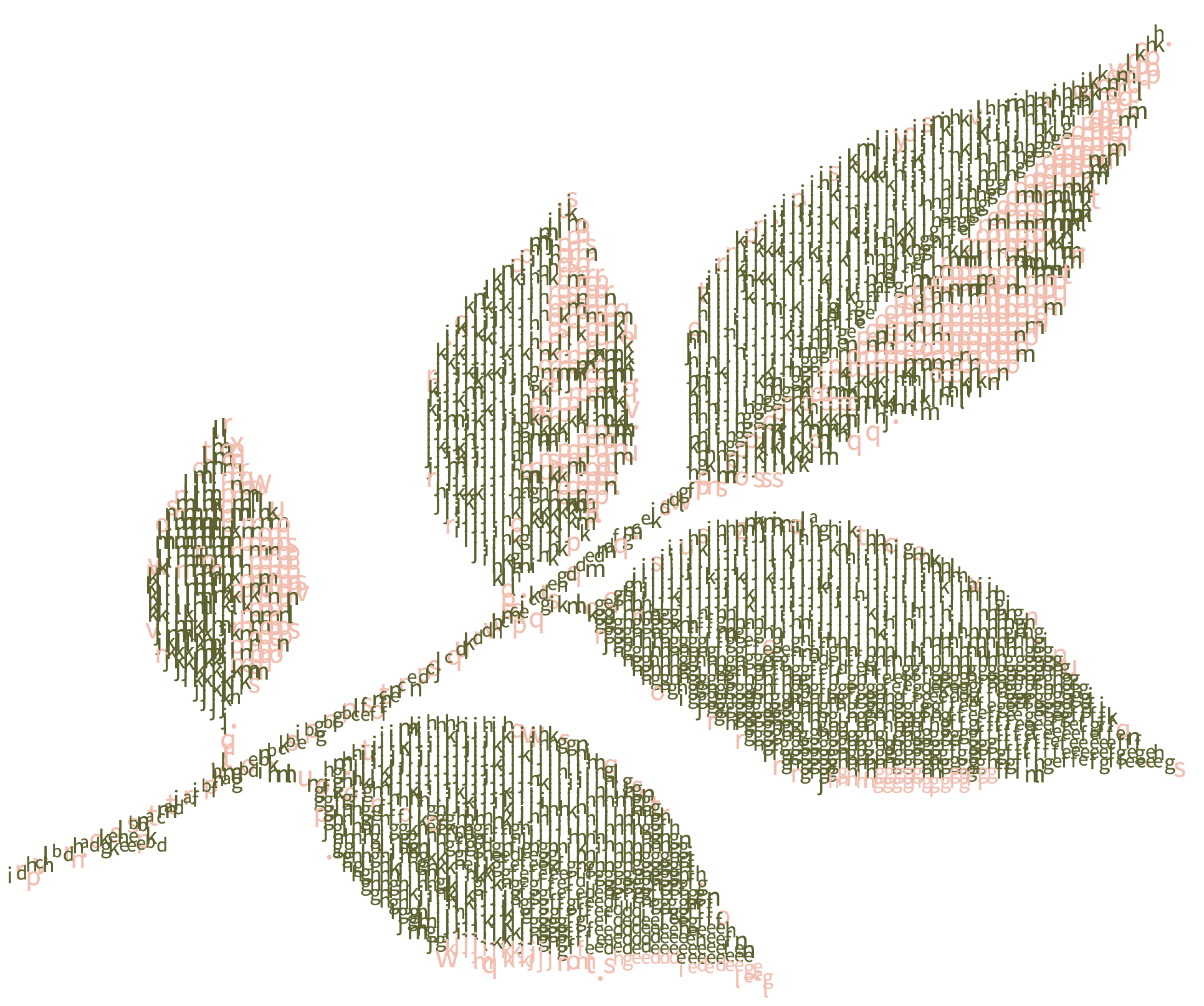With 2.4 billion people suffering from food insecurity globally, this research offers an innovative solution to conventional farming methods through aquaponics. Aquaponics combines aquaculture (raising fish) with hydroponics (soilless plant cultivation) in a closed-loop system, eliminating the need for synthetic fertilizers while simultaneously facilitating resource maximization. This study assessed the economic viability of aquaponics as a model for sustainable agriculture using Python-based analysis of 1,140 vegetable combinations at the NGO Casita Copán in Honduras. By integrating economic modeling with sustainable agriculture, the study highlights aquaponics as a transformative tool for resilient food systems, supporting the SDGs through resource-efficient, community-driven practices.
Sustainable economy
Building a Sustainable Future & nurturing Human Relationships
How can we create an economy that respects ecological boundaries while promoting social justice? Our sustainable economy theme explores innovative approaches to business models, value chains, and economic systems that serve both people and planet. The human-centered lens asks us to consider: How do sustainable practices affect communities? How can we ensure ecological transitions strengthen rather than strain social bonds? We seek research that reimagines sustainability through the eyes of those most impacted - from local communities adapting to green technologies to workers transitioning to new economic models. This theme investigates how economic activities can regenerate our natural resources while nurturing human relationships and social capital.
Winner
Nominees
Several governments are considering a food carbon tax to tackle climate change. However, this could invertedly increase animal suffering. If consumers substitute carbon-intensive beef with meat from smaller animals (like chicken), producers will slaughter more animals to produce the same amount of meat. This is called the Small Animal Replacement Problem. This thesis develops a market model of substitution between animal products after a carbon tax and calibrates it with data for the United States. While it predicts a slight decrease in slaughtered animals, a slaughter or meat tax is a better option when society even slightly values animal welfare.
With 2.4 billion people suffering from food insecurity globally, this research offers an innovative solution to conventional farming methods through aquaponics. Aquaponics combines aquaculture (raising fish) with hydroponics (soilless plant cultivation) in a closed-loop system, eliminating the need for synthetic fertilizers while simultaneously facilitating resource maximization. This study assessed the economic viability of aquaponics as a model for sustainable agriculture using Python-based analysis of 1,140 vegetable combinations at the NGO Casita Copán in Honduras. By integrating economic modeling with sustainable agriculture, the study highlights aquaponics as a transformative tool for resilient food systems, supporting the SDGs through resource-efficient, community-driven practices.




